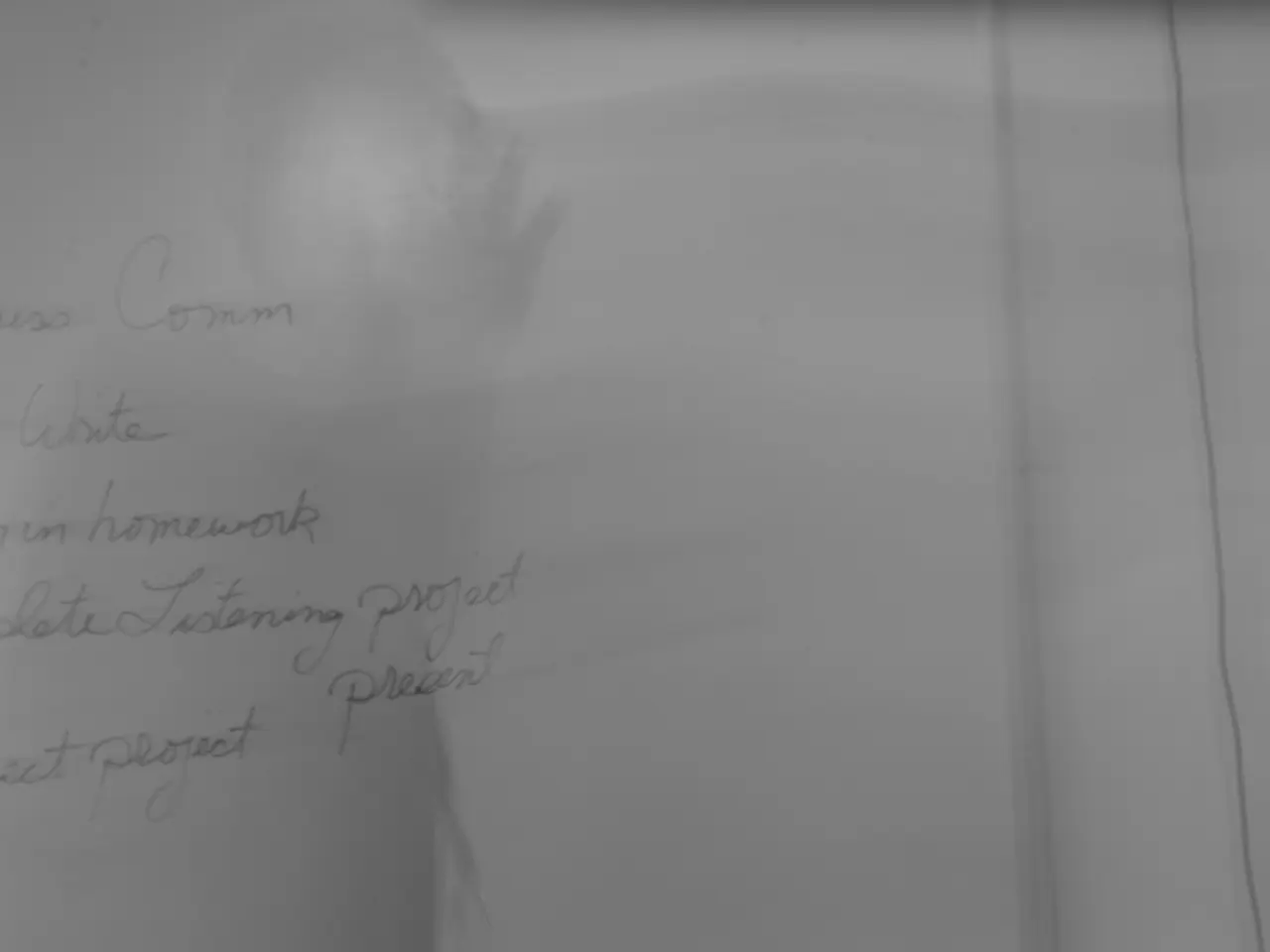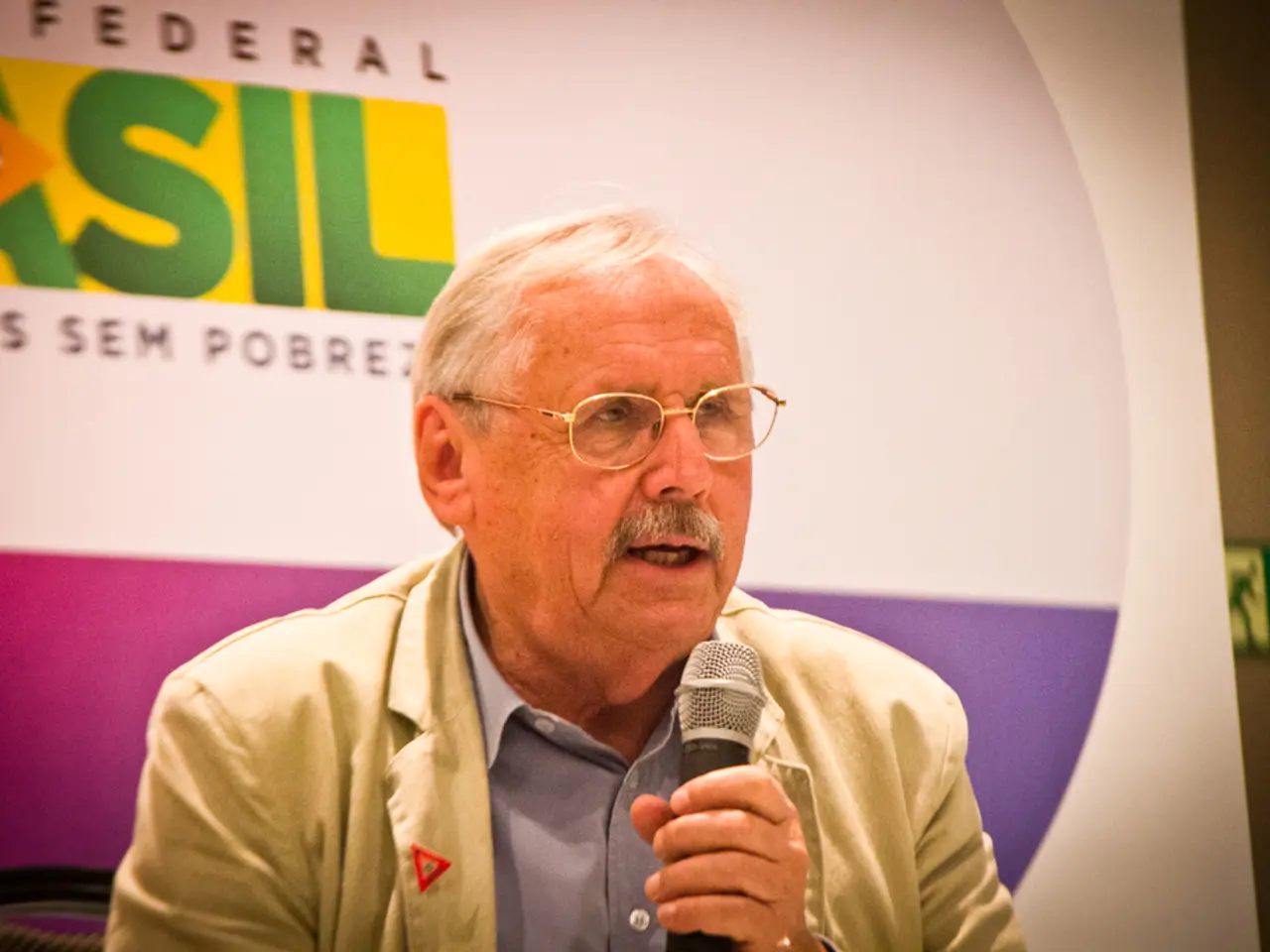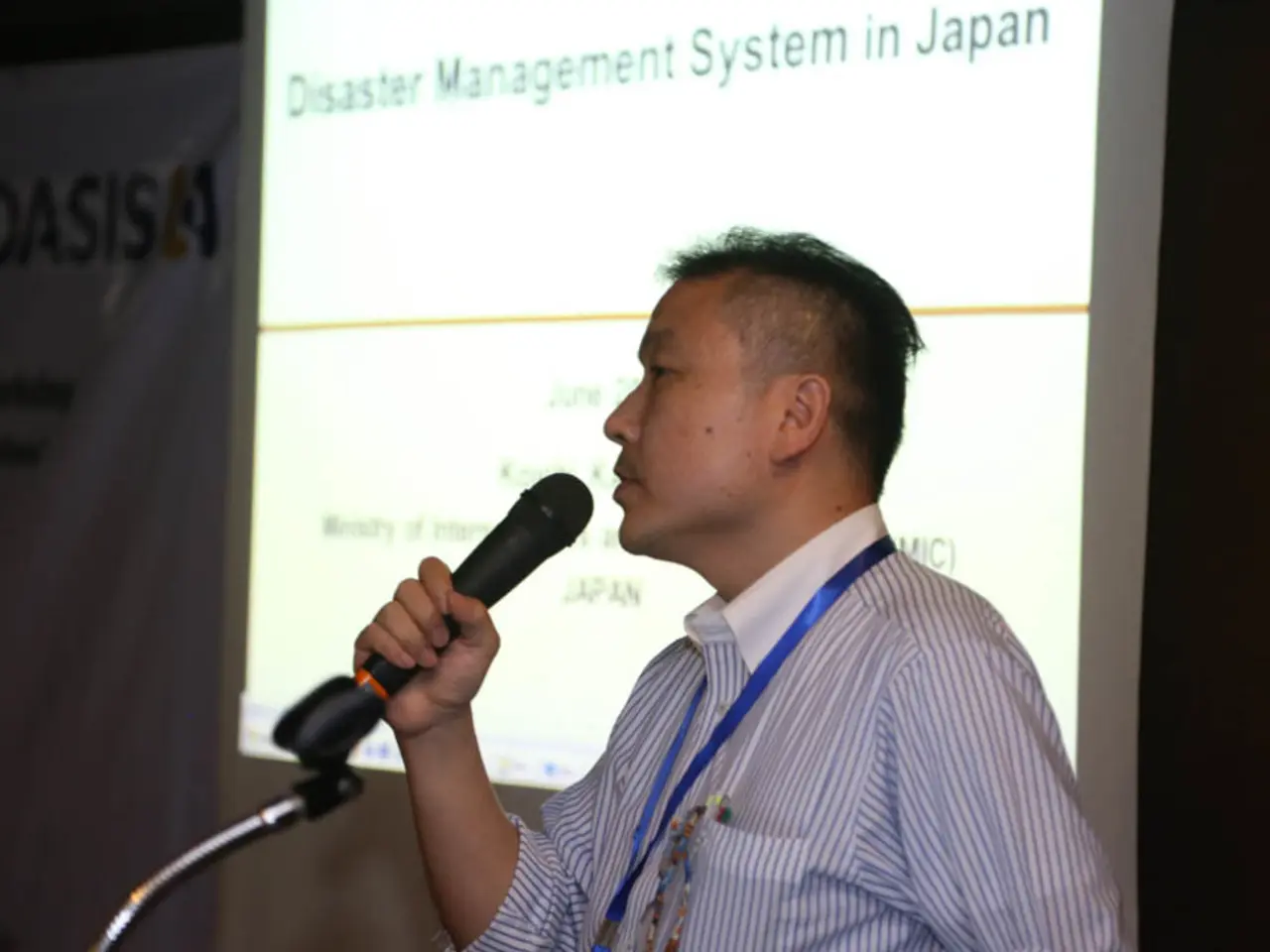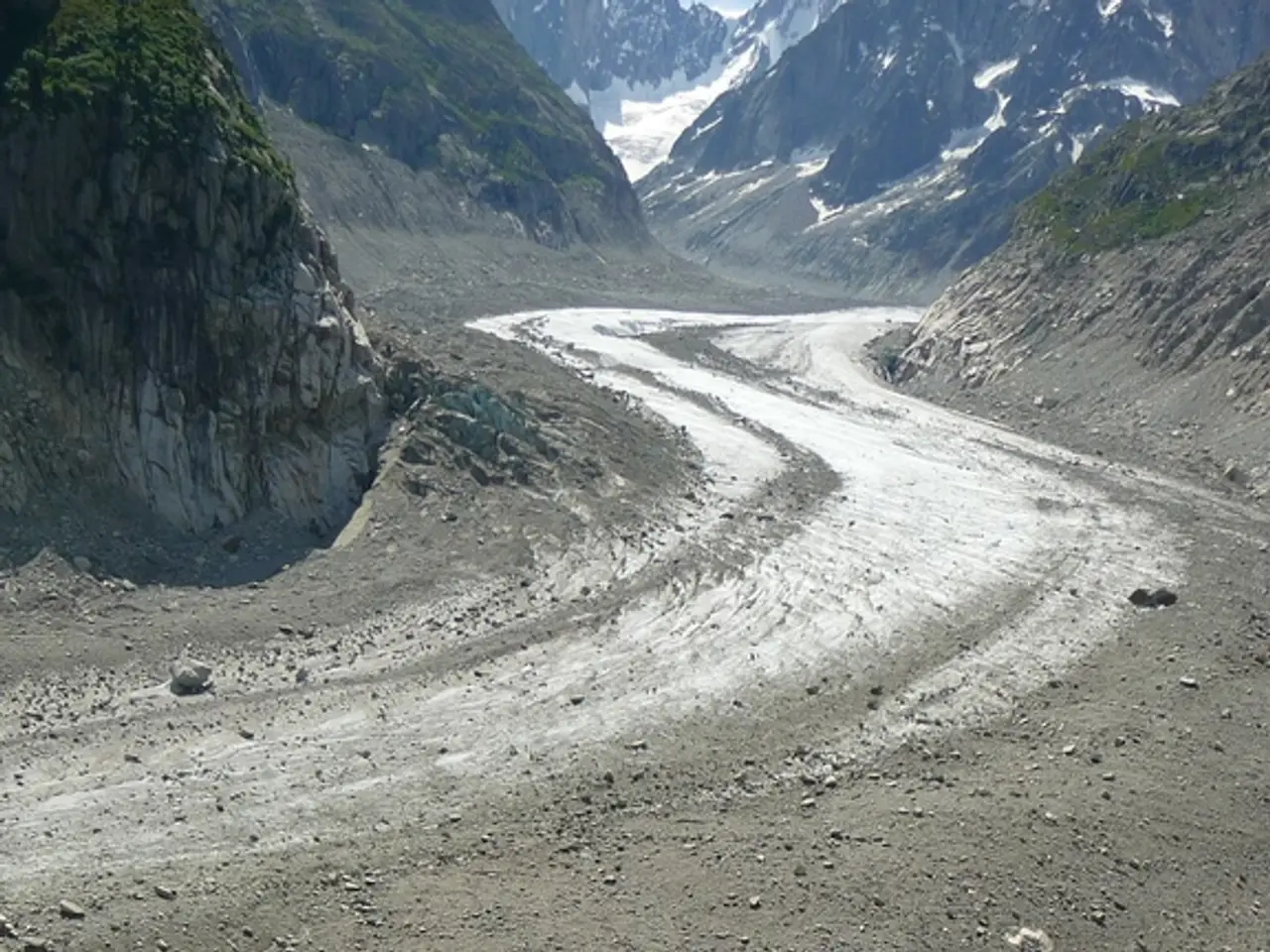Uncapping CERC-set tariffs won't infringe upon states' contractual entitlement to free electricity, rules the Supreme Court.
In a landmark ruling, the Supreme Court of India has directed JSW Hydro Energy to supply 18% of free electricity from its Karcham Wangtoo hydroelectric power plant to the State of Himachal Pradesh. The ruling overturns a previous order by the Himachal Pradesh High Court which had capped free power supply at 13%.
The dispute arose due to a contractual obligation for JSW Hydro Power to supply 18% of net electricity generated to the State free of cost. The Supreme Court held that the Central Electricity Regulatory Commission (CERC) Regulations 2019, which provide a 13% cap on free power supply, do not prohibit JSW Hydro from supplying free power beyond this 13% ceiling to the state.
The Court clarified that the Implementation Agreement (contractual obligation) between the State and JSW Hydro Energy prevails and is not overridden or nullified by these CERC regulations. Thus, JSW Hydro could not use these regulations to evade its contractual commitments to supply 18% free power.
The Court emphasized that regulatory bodies, including CERC, and appellate bodies such as the Appellate Tribunal for Electricity (APTEL), along with the courts, must enforce contractual obligations and interpret regulations in ways that do not allow parties to circumvent their contractual undertakings where not intended by the regulations.
The Supreme Court also underscored the importance of respecting the generating company's freedom of contract and ensuring regulatory and judicial bodies do not dilute such obligations through regulatory interpretations. Courts must enable statutory regulators like CERC to exercise comprehensive jurisdiction and interpret statutes and regulations within their expertise and jurisdiction, avoiding fragmentation of remedies and ensuring coherent regulatory oversight.
The ruling reinforces that contractual obligations between a state and a generating company for free power supply can extend beyond regulatory caps if the contract so provides, and that the regulatory commissions must work within the framework of such contracts rather than override them.
The case involved a dispute between the State of Himachal Pradesh and JSW Hydro Power regarding a contractual obligation to supply free power. Senior Advocates P Chidambaram, AM Singhvi, and others represented JSW in the case, while Senior Advocates Kapil Sibal, Parag Tripathi, Anup Rattan, and others represented the State of Himachal Pradesh.
The Supreme Court's ruling was in response to an appeal filed by the State of Himachal Pradesh against a 2024 order of the Himachal Pradesh High Court. The Bench of Justices PS Narasimha and Joymalya Bagchi presided over the case. The Court set aside the High Court's direction to amend the Implementation Agreement, confirming that the supply obligation of 18% free power remains valid and enforceable.
The Court noted the conduct of JSW Hydro in not appealing the 2022 CERC order before the Appellate Tribunal for Electricity (APTEL) and instead approaching the High Court through a writ petition. The Court found that the High Court had exceeded its jurisdiction by entertaining the writ petition. The Court stated, "It cannot be allowed to approbate and reprobate, or blow hot and cold at the same time to secure relief under the law."
The ruling can be read online, and it marks a significant victory for the State of Himachal Pradesh in its quest to secure its contractually agreed-upon share of free electricity from JSW Hydro Power. The case underscores the importance of upholding contractual obligations and the role of regulatory bodies in the electricity sector.
The dispute over the contractual obligation for JSW Hydro Power to supply 18% of free electricity to the State of Himachal Pradesh was resolved by the Supreme Court, considering both policy-and-legislation and politics. The Court upheld the Implementation Agreement, affirming that it prevails over the Central Electricity Regulatory Commission (CERC) Regulations, which were deemed not to prohibit JSW Hydro from supplying free power beyond the 13% ceiling stipulated in the regulations. This decision highlights the significance of general-news relating to the electricity sector and the importance of respecting the generating company's freedom of contract, while ensuring regulatory bodies do not dilute such obligations through regulatory interpretations.






